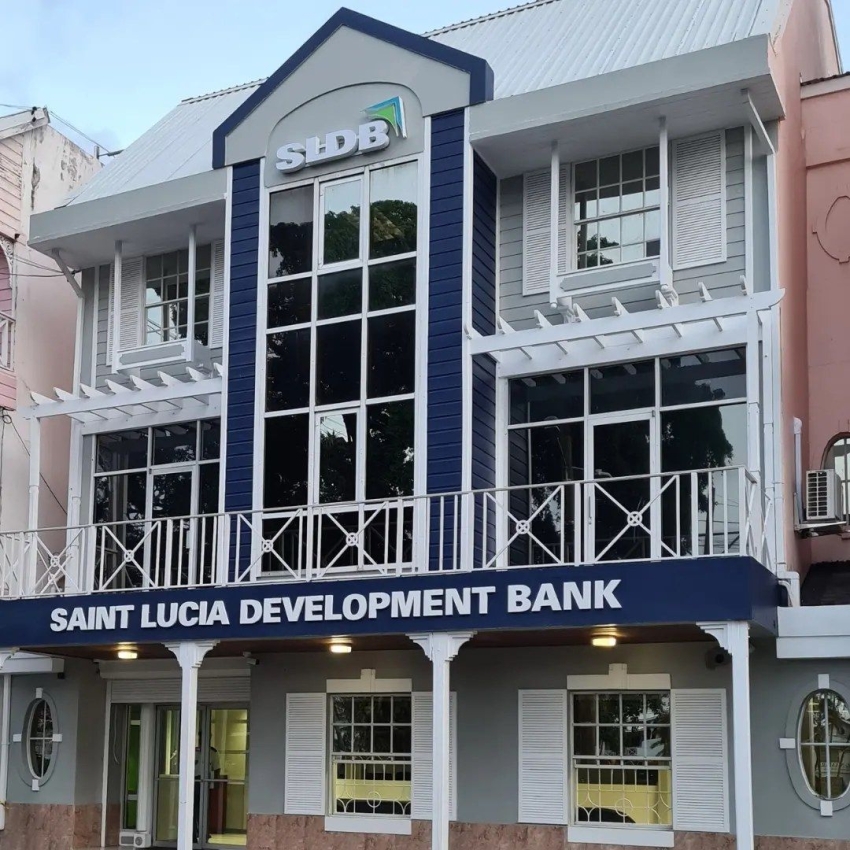This long-awaited designation marks a significant step forward in the nation’s ability to independently access international climate finance and implement homegrown adaptation and mitigation projects.
The designation, which was six years in the making, means that Saint Lucia will no longer need to rely on third-party intermediaries to access GCF funds. Instead, the SLDB will now serve as the country’s financial gateway for climate-focused investments.
“This was part of a rigorous process. We had to demonstrate national endorsement, submit a formal application, undergo an institutional assessment, and then create and execute an action plan to address several capacity gaps. After that, we were finally able to secure GCF approval,” explained Cornelius Sidone, Managing Director of the SLDB.
The GCF, established under the United Nations Framework Convention on Climate Change (UNFCCC), is the world’s largest climate fund, tasked with supporting developing countries in limiting or reducing greenhouse gas emissions and adapting to climate change.
According to Nadia Wells-Hyacinth, Saint Lucia’s GCF Focal Point Coordinator, the accreditation will drastically improve how the country mobilises resources for environmental sustainability.
“We have a very clear pipeline of initiatives that will attract climate financing. And SLDB now becomes the vehicle which we will use to access this financing rather than going through a third entity which would have been external to Saint Lucia.”
This shift is expected to empower the country’s national institutions and improve the efficiency and responsiveness of project implementation.
The move also aligns with broader regional and global goals to localise climate action and build adaptive capacity.
Permanent Secretary in the Ministry of Economic Development, Paul Hilaire, emphasised the strategic importance of the accreditation.
“From a perspective of economic development and national planning, the question is: how do we create that adaptation? How do we build resilience in our economy?” he stated.
“It’s not only about infrastructure. It’s about safeguarding mechanisms for people, for water management, for electricity, and the list goes on.”
The accreditation comes at a time when climate impacts are being felt more acutely across the region, underscoring the urgency for bold and locally led solutions.


